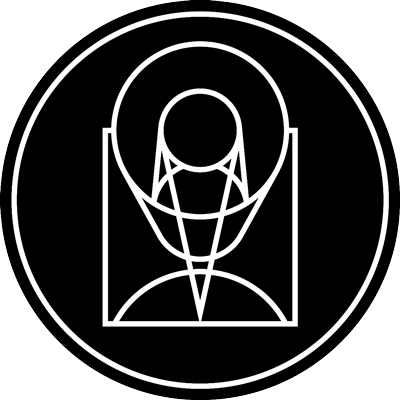Herschel's View of NGC 1097

nhsc_nhsc2017-004b September 20th, 2017
Credit: ESA/Herschel/NASA/JPL-Caltech CC BY-SA 3.0 IGO; Acknowledgement: R. Hurt (JPL-Caltech)
Portrayed in this image by ESA's Herschel Space Observatory is NGC 1097, a barred spiral galaxy located some fifty million light-years from us, in the southern constellation Fornax, the Furnace.
The blue regions sprinkled across the galaxy's two spiral arms are sites of intense star formation. There, the energy from newborn stars has heated up the dust interspersed in the interstellar gas, making it glow at the far-infrared and sub-millimetre wavelengths probed by Herschel.
The dwarf elliptical galaxy NGC 1097A, a small satellite of NGC 1097, can be seen as the fuzzy blue blob in the top right, halfway between the two spiral arms.
The bright core of the NGC 1097, surrounded by a glowing ring where most of the galaxy's prodigious star formation is taking place, conceals a supermassive black hole about a hundred million times the mass of our Sun. This black hole is actively devouring matter from its vicinity, causing the galactic core to shine brightly across the electromagnetic spectrum, from X-rays to radio waves.
This galaxy was first discovered and originally identified as a nebula in the late 18th century in optical observations by William Herschel, the astronomer after whom the Herschel Space Observatory is named. Despite the source's location in the southern sky, it was still visible a few degrees above the horizon at the site in England where Herschel made his observations.
This three-colour image combines Herschel observations at 70 and 100 microns (blue), 160 and 250 microns (green), and 350 and 500 microns (red). North is up and east to the left.
Provider: Herschel Space Observatory
Image Source: https://www.herschel.caltech.edu/image/nhsc2017-004b
Curator: NASA Herschel Science Center, Pasadena, CA, USA
Image Use Policy: Public Domain

- ID
- nhsc2017-004b
- Subject Category
- Subject Name
- NGC 1097
- Credits
- ESA/Herschel/NASA/JPL-Caltech CC BY-SA 3.0 IGO; Acknowledgement: R. Hurt (JPL-Caltech)
- Release Date
- 2017-09-20
- Lightyears
- 50,000,000
- Redshift
- 50,000,000
- Reference Url
- https://www.herschel.caltech.edu/image/nhsc2017-004b
- Type
- Observation
- Image Quality
- Good
- Distance Notes
- Facility
- Herschel, Herschel, Herschel, Herschel, Herschel, Herschel
- Instrument
- PACS, PACS, PACS, SPIRE, SPIRE, SPIRE
- Color Assignment
- Blue, Blue, Green, Green, Red, Red
- Band
- Infrared, Infrared, Infrared, Infrared, Infrared, Infrared
- Bandpass
- Central Wavelength
- 70000, 100000, 160000, 250000, 350000, 500000
- Start Time
- Integration Time
- Dataset ID
- Notes
- Coordinate Frame
- ICRS
- Equinox
- J2000
- Reference Value
- 41.5800529, -30.2748739
- Reference Dimension
- 675.0, 675.0
- Reference Pixel
- 338.5, 338.5
- Scale
- -0.000447555, 0.00044755487
- Rotation
- 0.000000
- Coordinate System Projection:
- TAN
- Quality
- Full
- FITS Header
- Notes
- WCS retrieved using CXCs PinpointWCS
- Creator (Curator)
- NASA Herschel Science Center
- URL
- http://www.herschel.caltech.edu/
- Name
- Telephone
- Address
- 1200 E. California Blvd.
- City
- Pasadena
- State/Province
- CA
- Postal Code
- 91125
- Country
- USA
- Rights
- Public Domain
- Publisher
- NASA Herschel Science Center
- Publisher ID
- nhsc
- Resource ID
- Resource URL
- https://www.herschel.caltech.edu/system/avm_image_sqls/binaries/182/original/nhsc2017-004b.tif
- Related Resources
- Metadata Date
- 2024-02-26T23:04:19Z
- Metadata Version
- 1.1
Detailed color mapping information coming soon...















